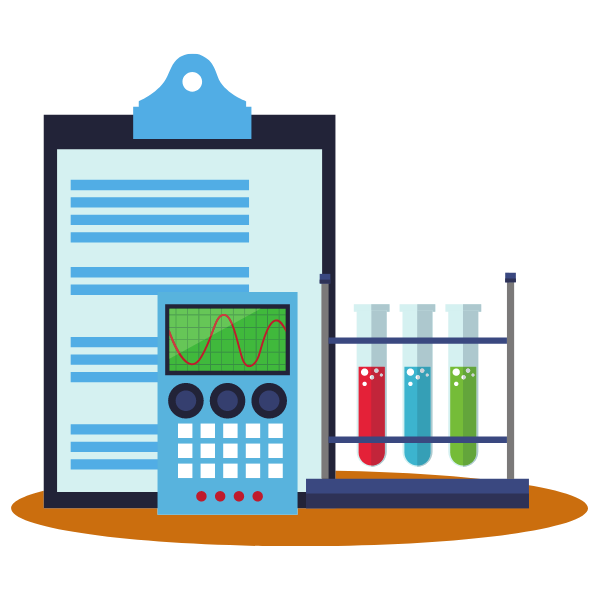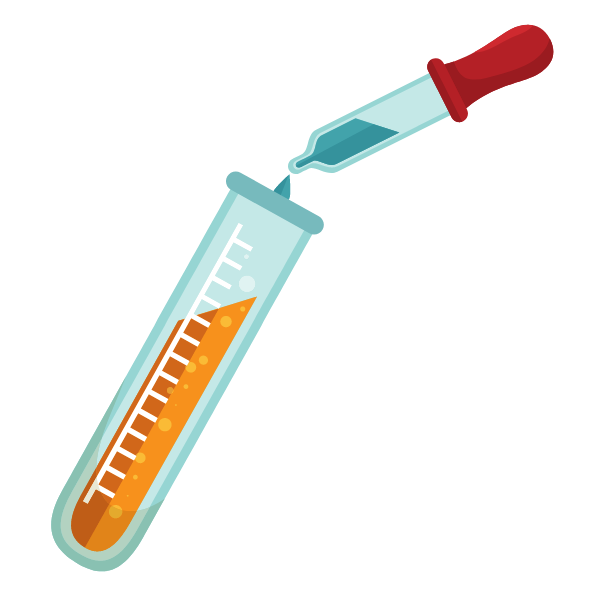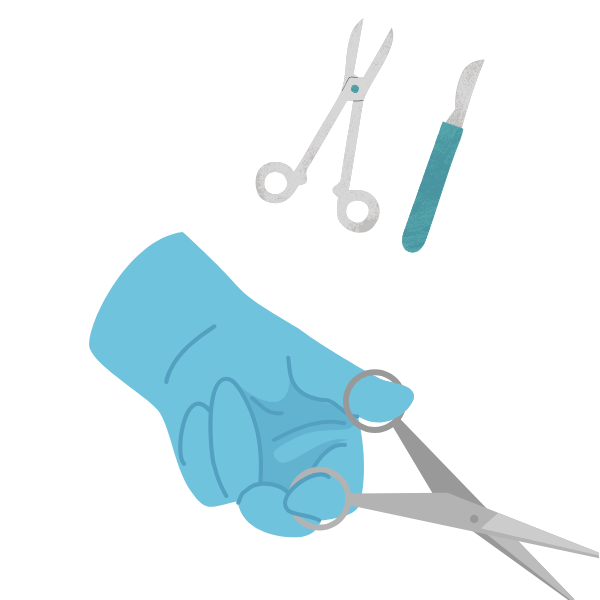Biological safety of medical devices: Biocompatibility, cleanliness, and sterility
The biological safety of medical devices encompasses two key aspects: the biocompatibility of the materials, including the identification of potential hazards due to contaminants or material-related changes caused by manufacturing processes; and the identification of potential risks from infectious microorganisms.Insufficient biocompatibility can lead to adverse reactions, primarily in the patient, but also potentially in users and third parties. To avoid such reactions, a toxicological risk assessment is often necessary.Inadequate cleanliness, such as residual microorganisms, and insufficient sterility can increase the risk of infection for both patients and users.As a medical device manufacturer, you are required under your risk management system to ensure biocompatibility in accordance with ISO 10993-1 and other applicable standards. For reusable and/or sterile products, additional requirements apply depending on the reprocessing and sterilization methods used, to ensure product cleanliness and sterility.Biological safety sounds complex? We make it manageable – with clear strategies, transparent communication, and a strong partner by your side.Talk to us - we’re happy to help.



